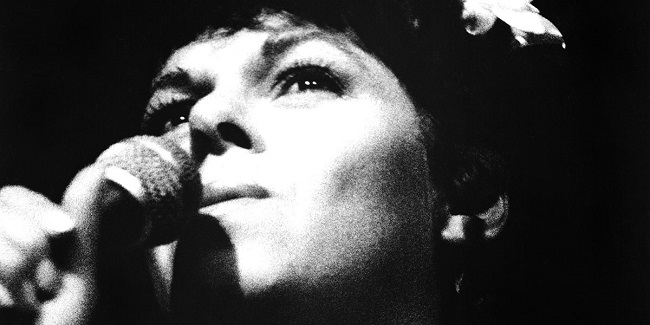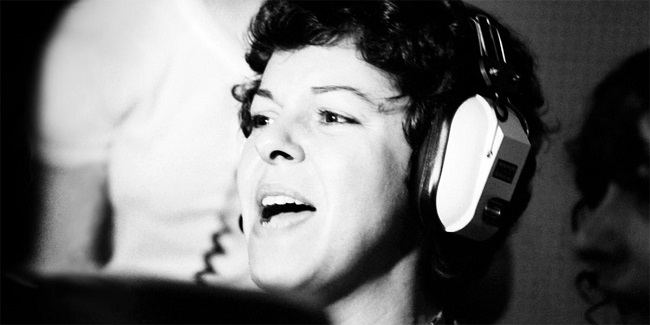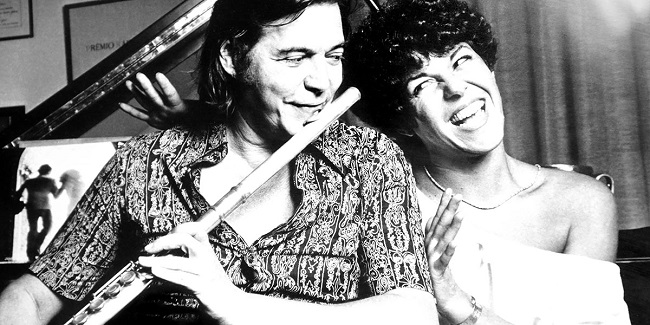TIFF22 Documentary Review:
Miúcha, The Voice of Bossa Nova /
Miúcha, a Voz da Bossa Nova
Heloísa Maria Buarque de Holanda, known by millions as Miúcha, was central to the Bossa Nova wave that took the world by storm from the 1950s into the mid 1960s.
 |
| Still from Miúcha, The Voice of Bossa Nova - courtesy of TIFF |
Sister to Chico Buarque, pupil of Vinicius de Moraes, second wife of João Gilberto, musical partner of Antônio Carlos Jobim, and the vocal accompaniment to Stan Getz’s saxophone - Miúcha truly was central to the Bossa Nova sound. Her voice was its voice, but today, she's been largely forgotten outside of her native Brazil.
Miúcha, the film, aims to set that straight.
"I thought being on stage was something forbidden to me," Miúcha says in the film. "I thought it was like a fairytale that either happens on its own or not. And that it wouldn’t happen to me."
Directors Daniel Zarvos and Liliane Mutti gained access to the late singer's personal letters - and she was a copious letter-writer - documents, journals, and even audio clips she made herself as an audio diary, which they compile in creative ways to make up the visual portion of the film. Home movies show her relaxed at home, or working in the studio. Along with the visual presentation of images, video clips and other flotsam and jetsam, there are lyrical watercolour drawings that flesh out some of the anecdotes.
Miúcha herself chose her niece's voice to narrate the letters and journal entries, and she studied existing recordings to get the intonation right after Miúcha's death in 2018.
 |
| Still from Miúcha, The Voice of Bossa Nova - courtesy of TIFF |
How did they get such intimate access? That's easy: Daniel Zarvos is Miúcha's cousin.
"I knew her for a long time," he explains. "She was a part of my family."
He describes meeting Liliane at a friend's wedding, and putting a film about Miúcha together was an early shared interest. That idea percolated for about five years, until they started work on the project in 2017.
"I knew basically everything that existed," he says of the wealth of material they use to compile the visual story. Miúcha was still alive when he began. Daniel says he's a fan of Amercan avant-garde filmmakers, and in particular, their abstracted approach to biographical movies.
In effect, she tells her own story.
Footage of Miúcha in concert (not from the documentary):
 |
| Still from Miúcha, The Voice of Bossa Nova - courtesy of TIFF |
Comments
Post a Comment